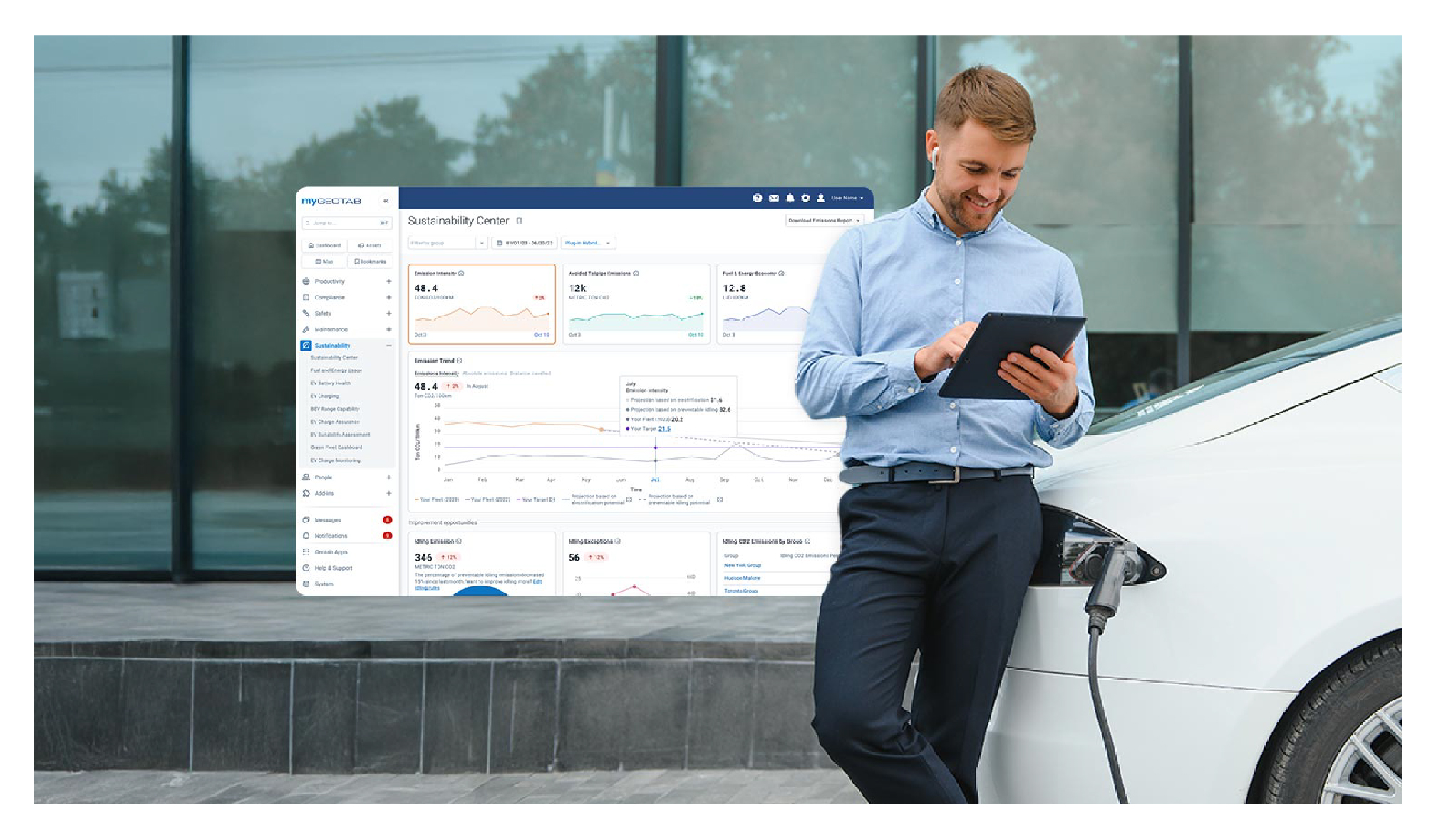Adoption of Electric Vehicles: A Path to Global Sustainability and Efficiency
Driving cleaner energy solutions and transforming transportation for a greener tomorrow.

.jpg)
The electrification of commercial fleets is a global movement that is redefining the future of transportation. While this transition faces undeniable economic and infrastructure hurdles, it's no longer a question of if, but when it will happen. In regions like Latin America and Asia-Pacific (APAC), the commitment to sustainability coupled with advancements in technology is what will break down these barriers. The time to embrace this change is now, and those who lead will shape the road ahead.
In Latin America, protecting environmental treasures like the Amazon and the Andes is a priority. In countries such as Brazil, Mexico, Chile, and Argentina, large companies are heavily investing in the electrification of their commercial fleets with the objective of reducing carbon emissions. According to Americas Market Intelligence forecast, by 2030, there will be 1 million EVs circulating in the region. And we are not just talking about passenger cars; electric trucks are also set to transform last-mile transportation, making it cleaner, greener, and more efficient.
A success story in this area is Mercado Livre, the largest e-commerce and technology company in the region. With an operation that delivers 1,500 items per minute on more than 25,000 daily routes in Brazil, the company faced the challenge of integrating electric vehicles into a complex logistics system. But they didn’t just face the challenge — they conquered it. With the support of Geotab, they transformed their operation, bringing greater efficiency to an expanding electric fleet of 1,340 vehicles.
The results speak for themselves. My colleague Eduardo Canicoba, VP of Geotab in Brazil, reflects on the significant success Mercado Livre has experienced since it transitioned to EVs: there was an impressive 6% increase in vehicle availability and a 10% improvement in fleet utilization. “When the right technology meets the right motivation, the impossible becomes possible, and the electrification of commercial fleets ceases to be a distant reality,” he commented.
The APAC region is no different. The electrification of commercial fleets is advancing, supported by government policies and expanding infrastructure to support this upwards trend.
According to Mordor Intelligence, the electric commercial vehicle market in APAC is expected to jump from USD 87.81 billion in 2024 to USD 221.03 billion by 2029.
Take Australia, for example, where EV sales have doubled every year since 2020. Federal and state initiatives such as the New Vehicle Efficiency Standard and the roll out of its first National Electric Vehicle strategy have bolstered the country’s progress towards the decarbonisation of its road transport network.
Meanwhile in Indonesia, the country’s Net Zero Emission Road Map provides a similar framework for decarbonising the country’s transport sector. The government has set its sights on achieving a high number of EV sales this year, and well into the next two decades.
In neighboring Thailand, the government not only encourages the use but also the local production of EVs, showing that it is possible to unite sustainability and economic development.
And in Singapore, the country’s Green Plan 2030 is one of the numerous initiatives helping to electrify its taxi and bus fleet, along with the Electric Vehicles Charging Act, demonstrating that with adequate infrastructure, the transition to EVs becomes a real possibility.
But let’s not shy away from the reality: cost is still a huge factor in decision-making. This is where a double bottom line comes into play. Leveraging data insights organizations can direct their efforts to the actions that deliver both bottom line cost reduction and benefit the environment. For instance fuel management or transitioning to electric vehicles. With this alignment, we can better manage what is being measured, turning sustainability efforts into a strong investment.
It may seem like we are just at the beginning, but the truth is that every small victory in the adoption of EVs adds up to something much bigger. With the advancement of technologies and the strategies of large corporations, the adoption of electric vehicles will continue to grow, bringing real benefits to global transportation and driving economic development towards a more sustainable and innovative direction.
Subscribe to get industry tips and insights

Sean Killen is a Global Vice President, Business Development and Vice President, Latin America for Geotab.
Subscribe to get industry tips and insights
Related posts

Marketplace Spotlight: From Chaos to Clarity, Innovating Fleet Claims with Xtract
April 15, 2025
1 minute read

Unlocking Safer Roads: How Behavioral Science and Technology Are Improving Driver Safety
April 14, 2025
2 minute read
.jpg)


Geotab’s new fleet Sustainability Center simplifies fuel and emissions reduction
March 3, 2025
3 minute read
.png)
Marketplace Spotlight: Behind the Vision of Predictive Coach
January 30, 2025
1 minute read